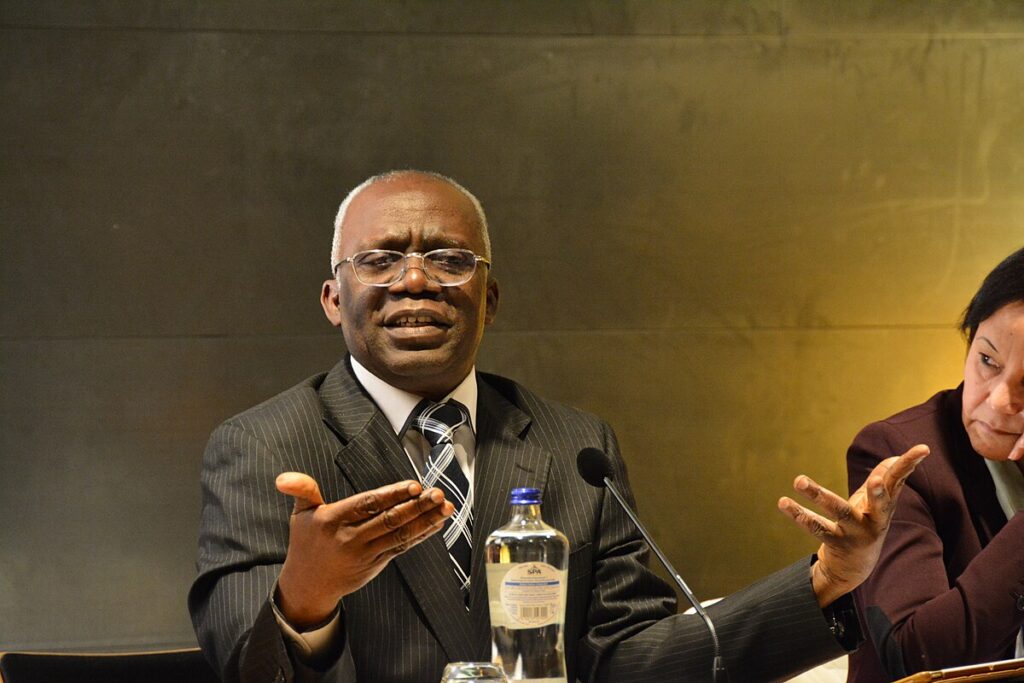Renowned human rights lawyer and Senior Advocate of Nigeria, Femi Falana, has called the proposed bill to make voting mandatory in Nigeria unconstitutional.
Daily Sun reported that the proposed legislation sponsored by the Speaker, Tajudeen Abbas, and Daniel Ago passed second reading in the House of Representatives.
Ago, while speaking during last Thursday’s plenary, argued that the bill aims to curb voter apathy and reduce vote-buying.
But expressing opposition to the bill in a statement issued on Monday titled ‘Compulsory Voting is Not Enough’, Falana said it is “unconstitutional” and “impractical” under the current legal framework.
“The Speaker of the House of Representatives probably wants Nigeria to join Egypt, the only African country out of 23 globally with provisions for compulsory voting.
The said constitutional provisions protect the fundamental rights of the Nigerian people to privacy, freedom of thought and conscience, and the freedom to register and vote in national and state elections conducted in Nigeria.

“However, it is doubtful whether the Speaker and his colleagues have paid sufficient attention to the relevant provisions of the Constitution.
“Otherwise, they would have realised that the compulsory voting is constitutionally invalid in every material particular on the ground that it is inconsistent with Sections 37, 38, 77(2), 135(5) and 178(5) of the Constitution,” he shared.
“Compulsory voting cannot be legalised in vacuo. Apart from the possibility that it may be declared illegal under the current political dispensation, it is practically impossible to prosecute millions of Nigerians who may decide to boycott national and local elections that have been reduced to the periodic renewal of misgovernance, corruption, and abuse of power by pampered members of the political class.
“Since Section 14(2) of the Constitution provides for popular participation in the democratic process, compulsory voting may only be justified if Chapter II thereof is made justiciable.
“Nigerian courts have never considered Section 224, which states that ‘the programme, as well as the aims and objects of a political party, shall conform with the provisions of Chapter II of this Constitution,’” Falana added.


